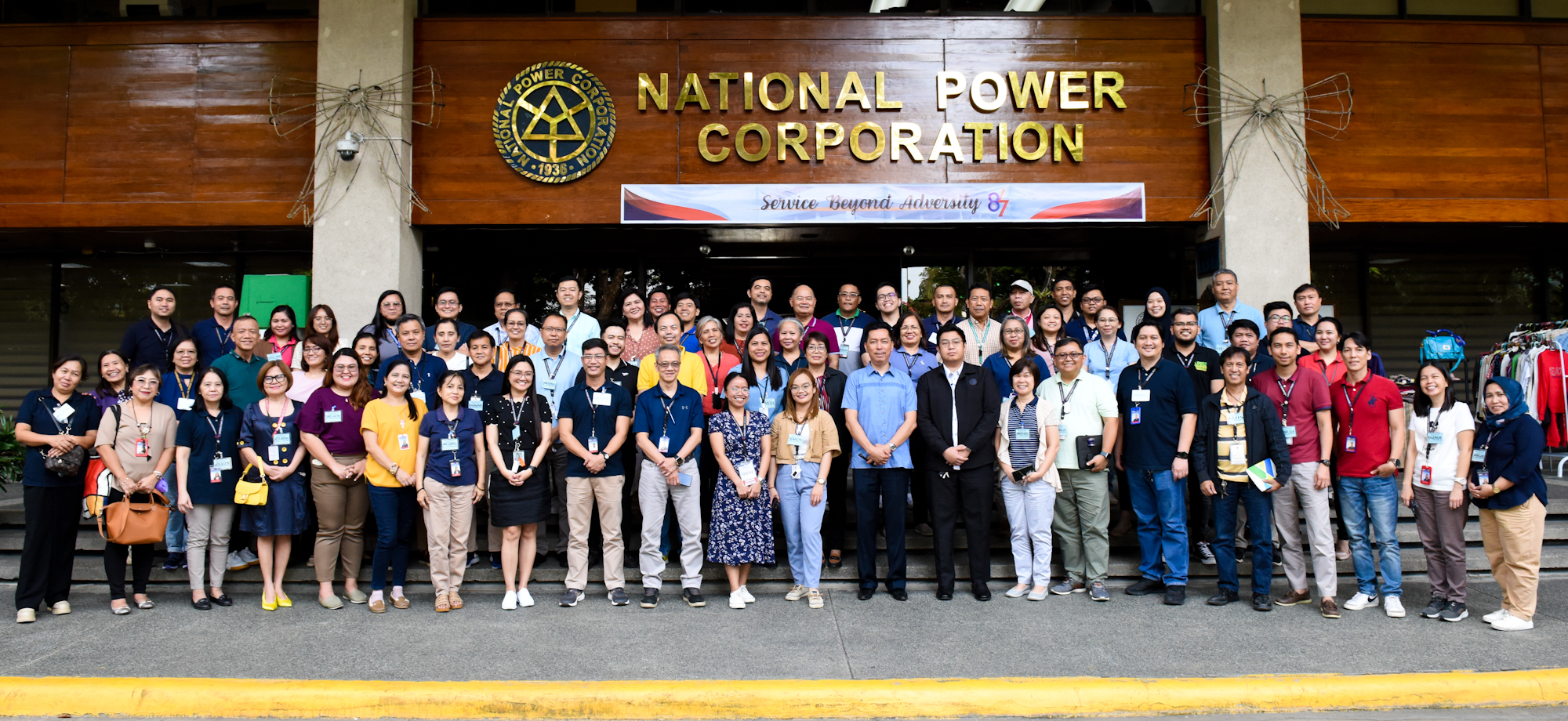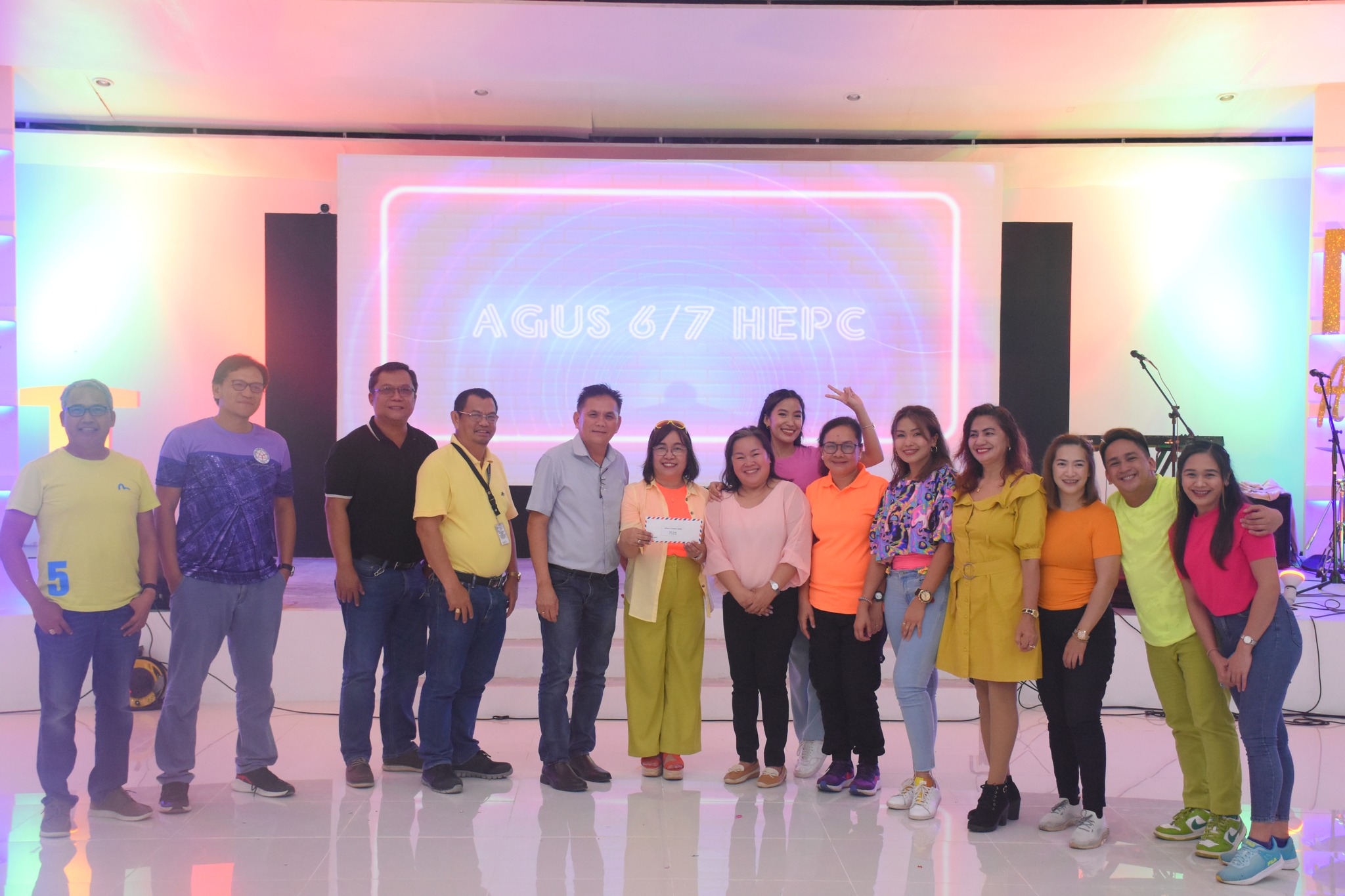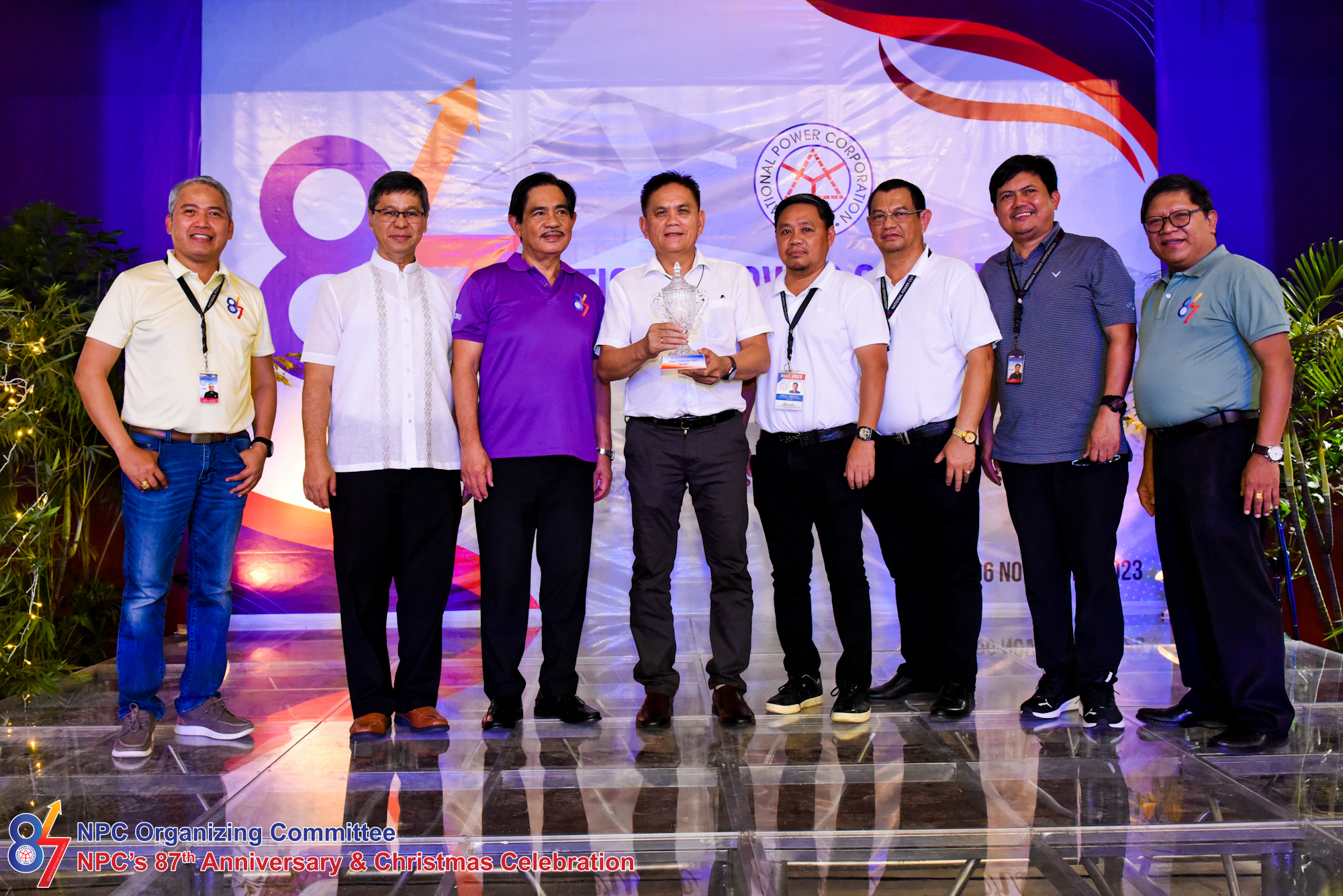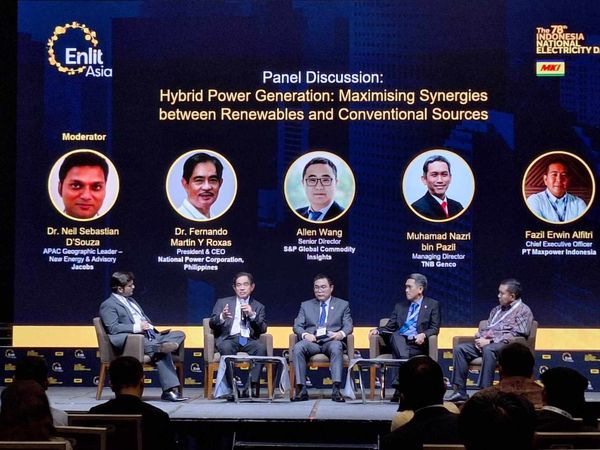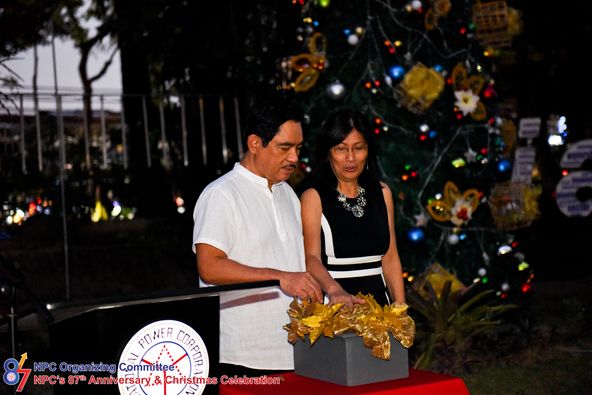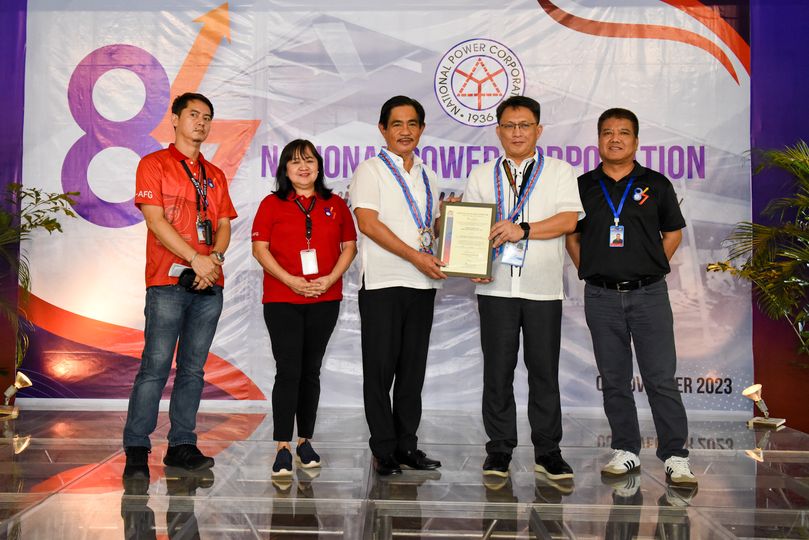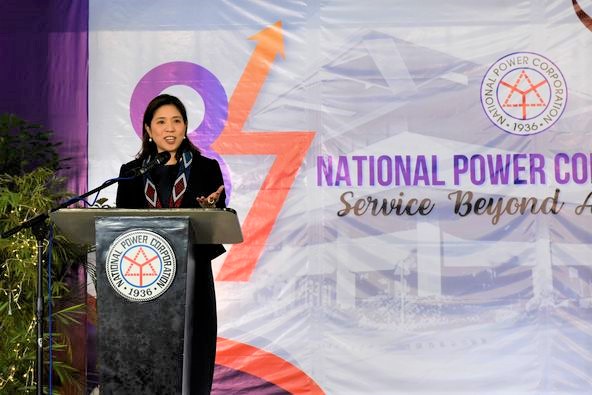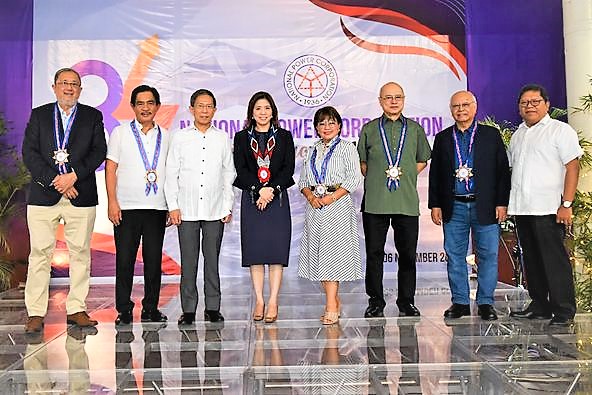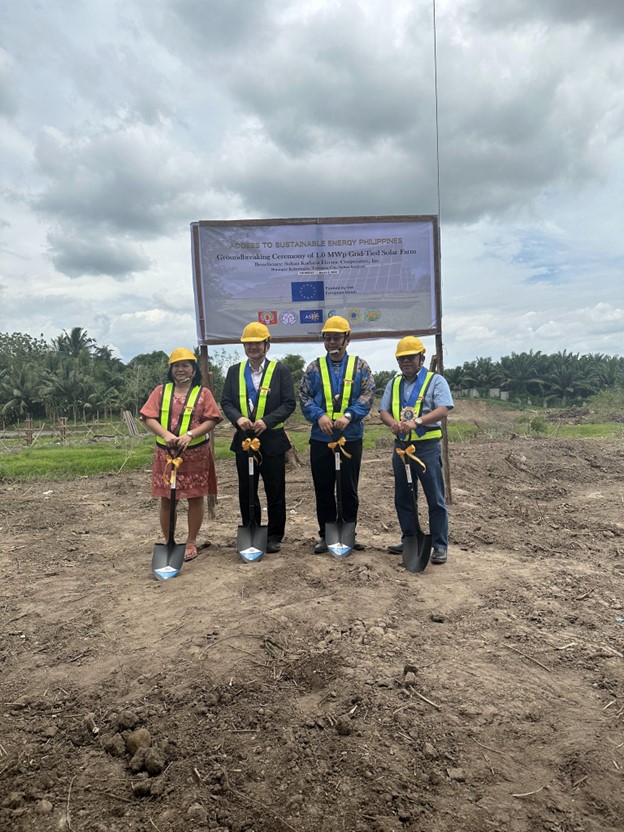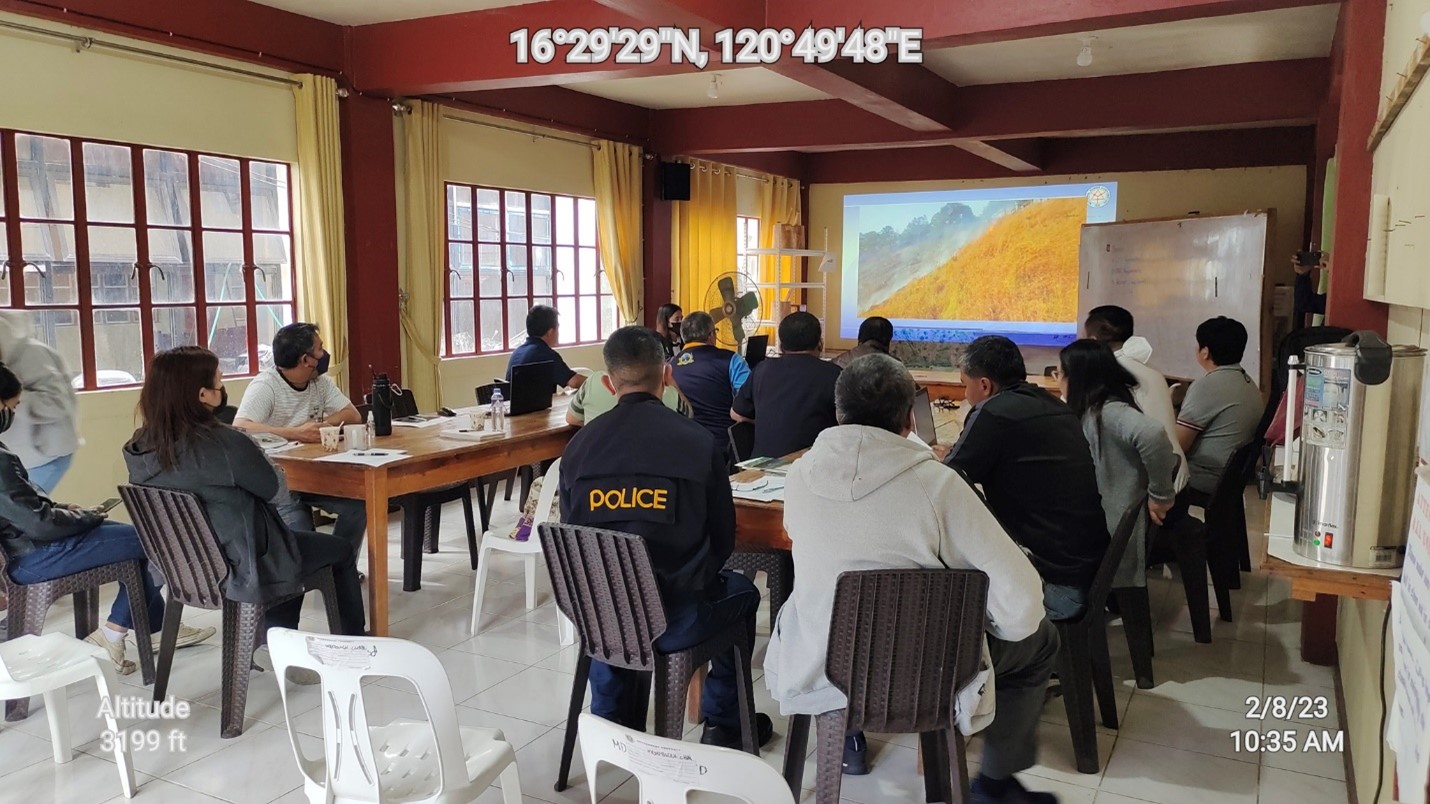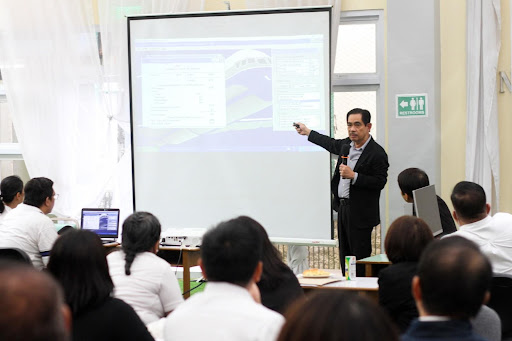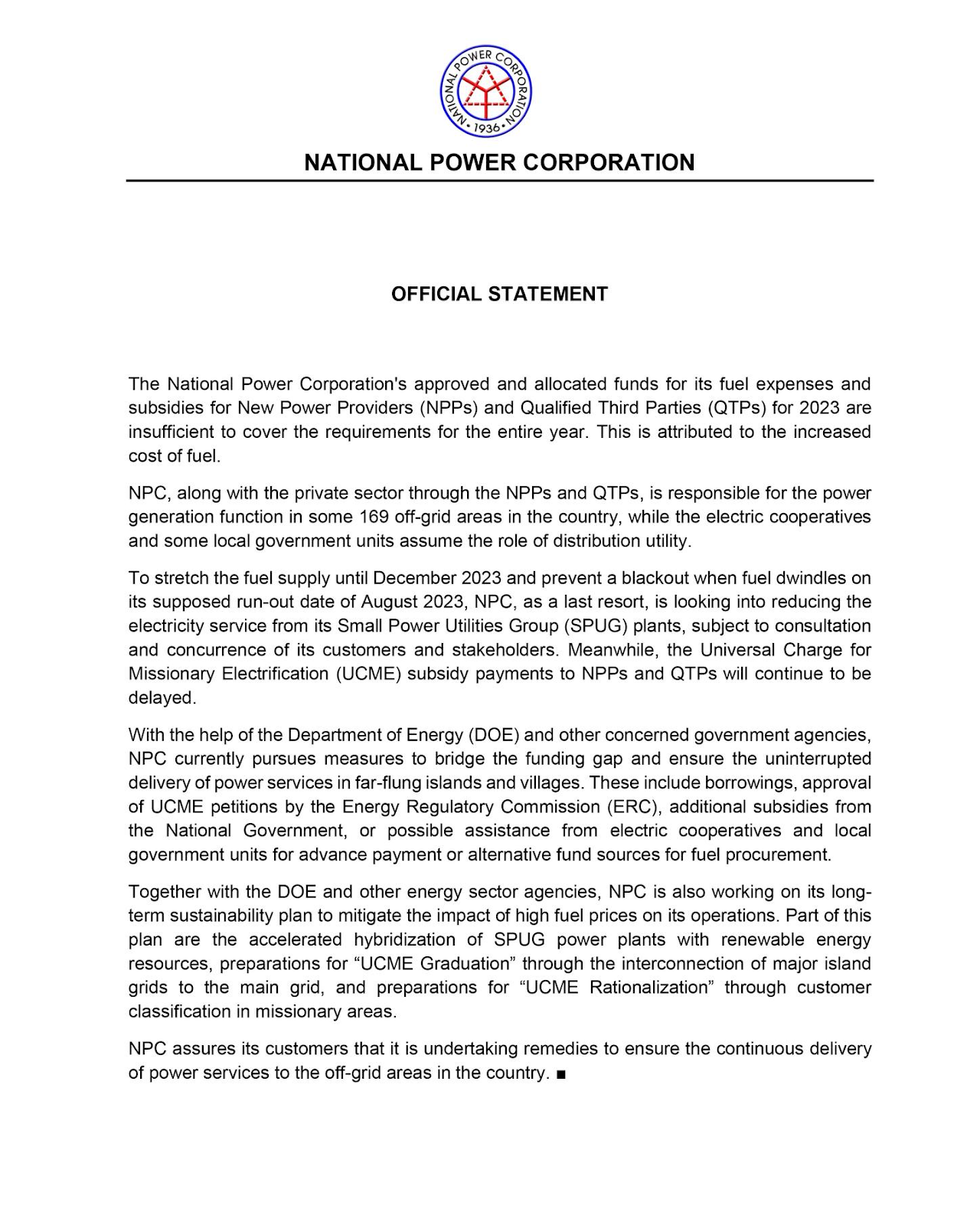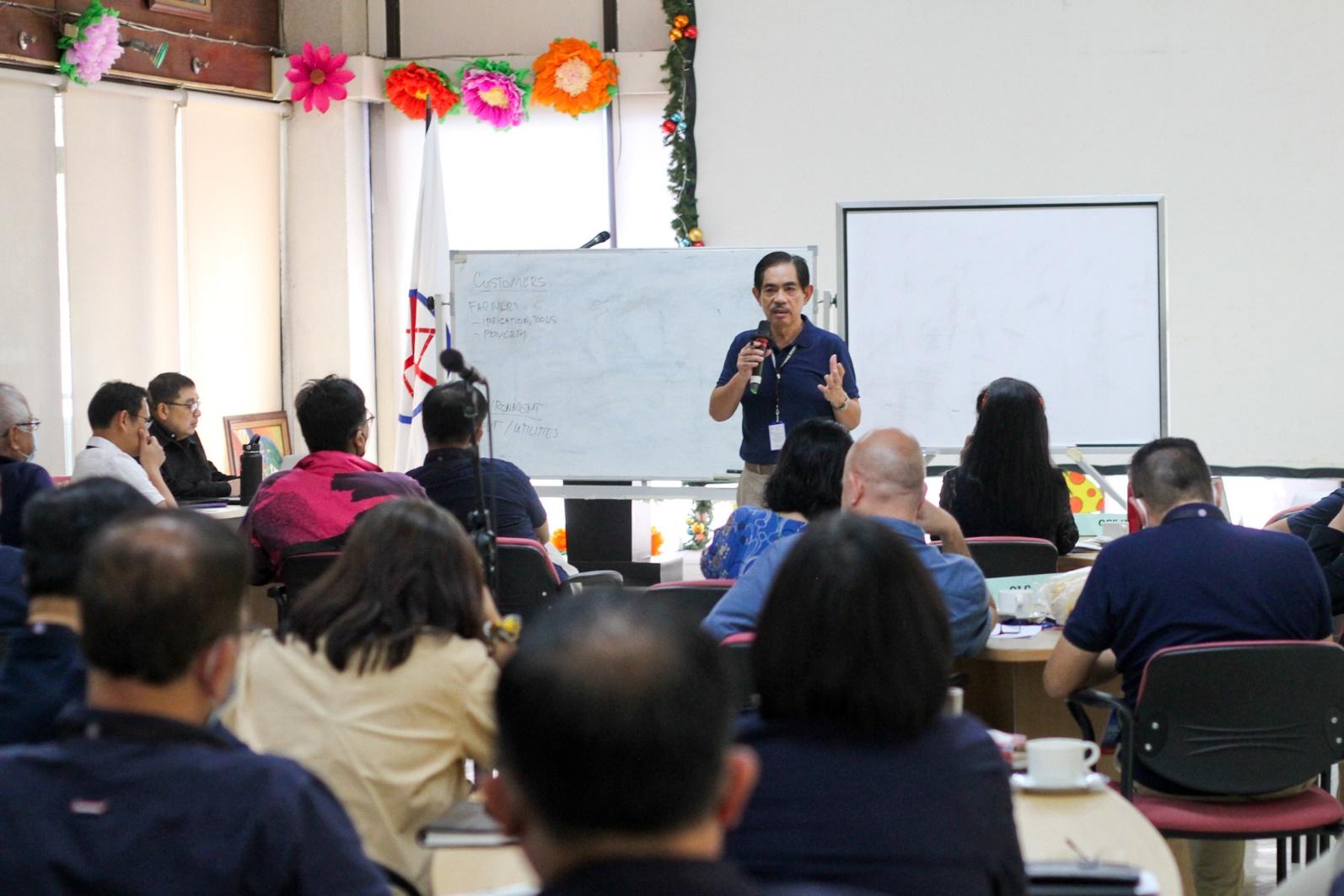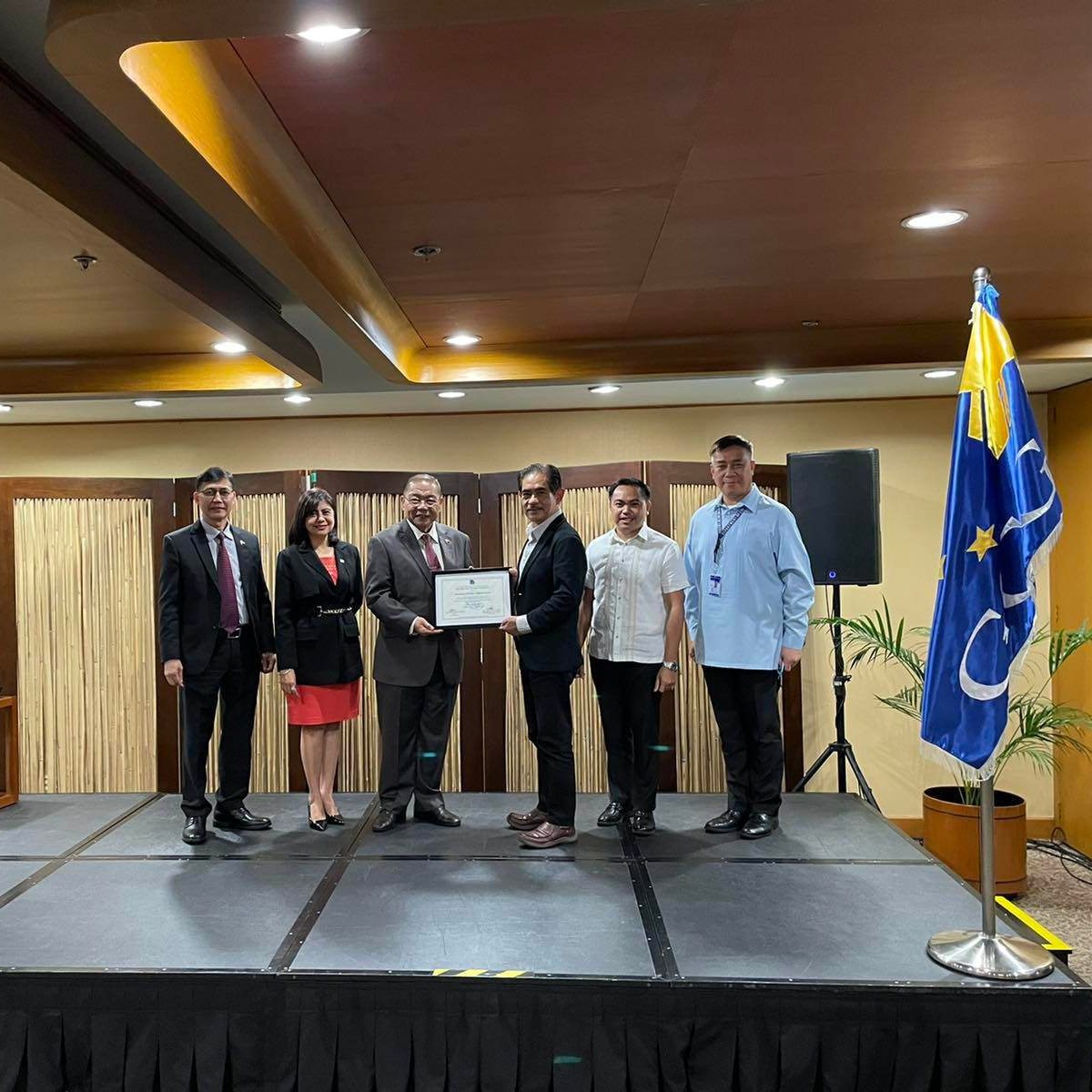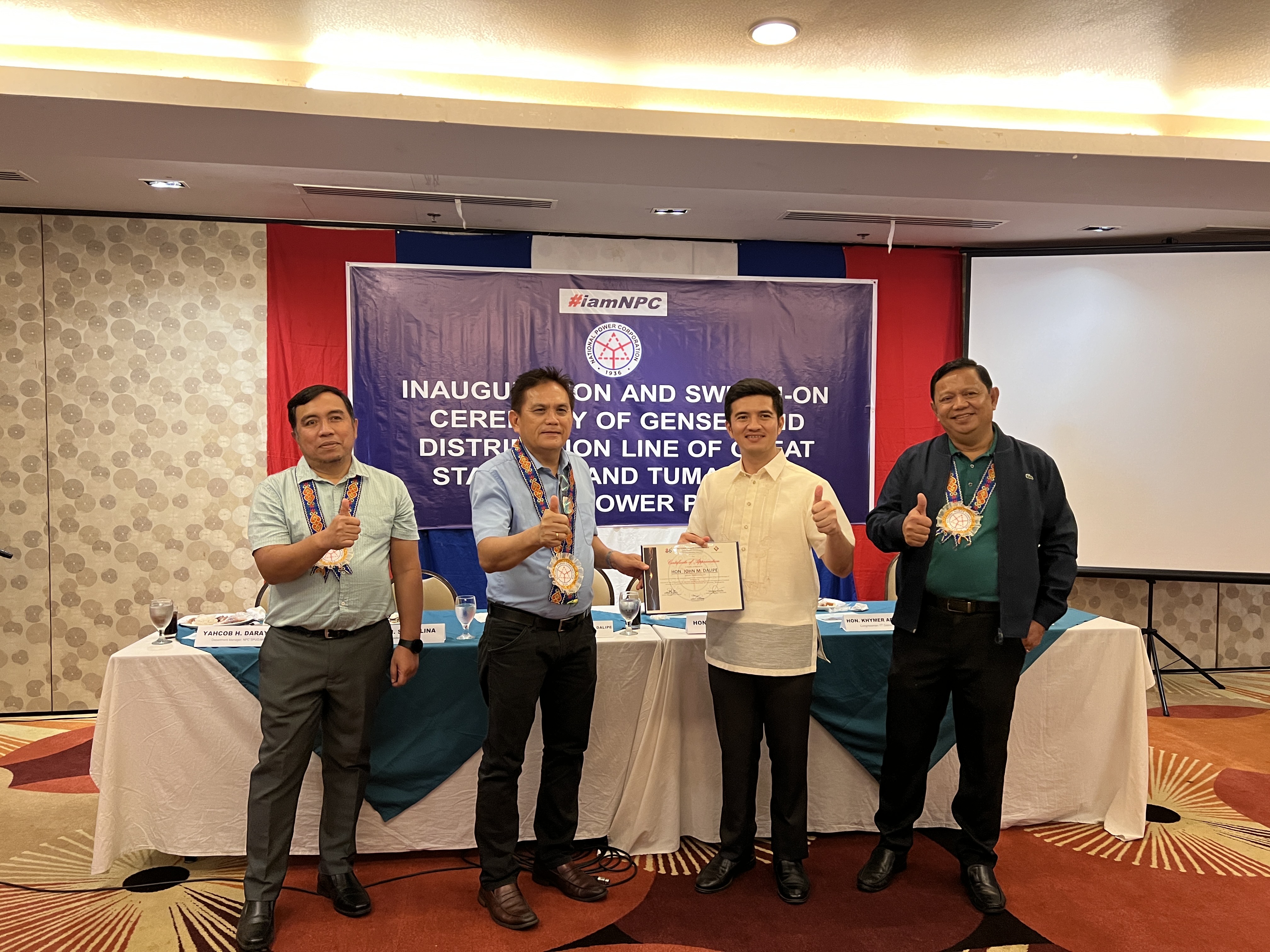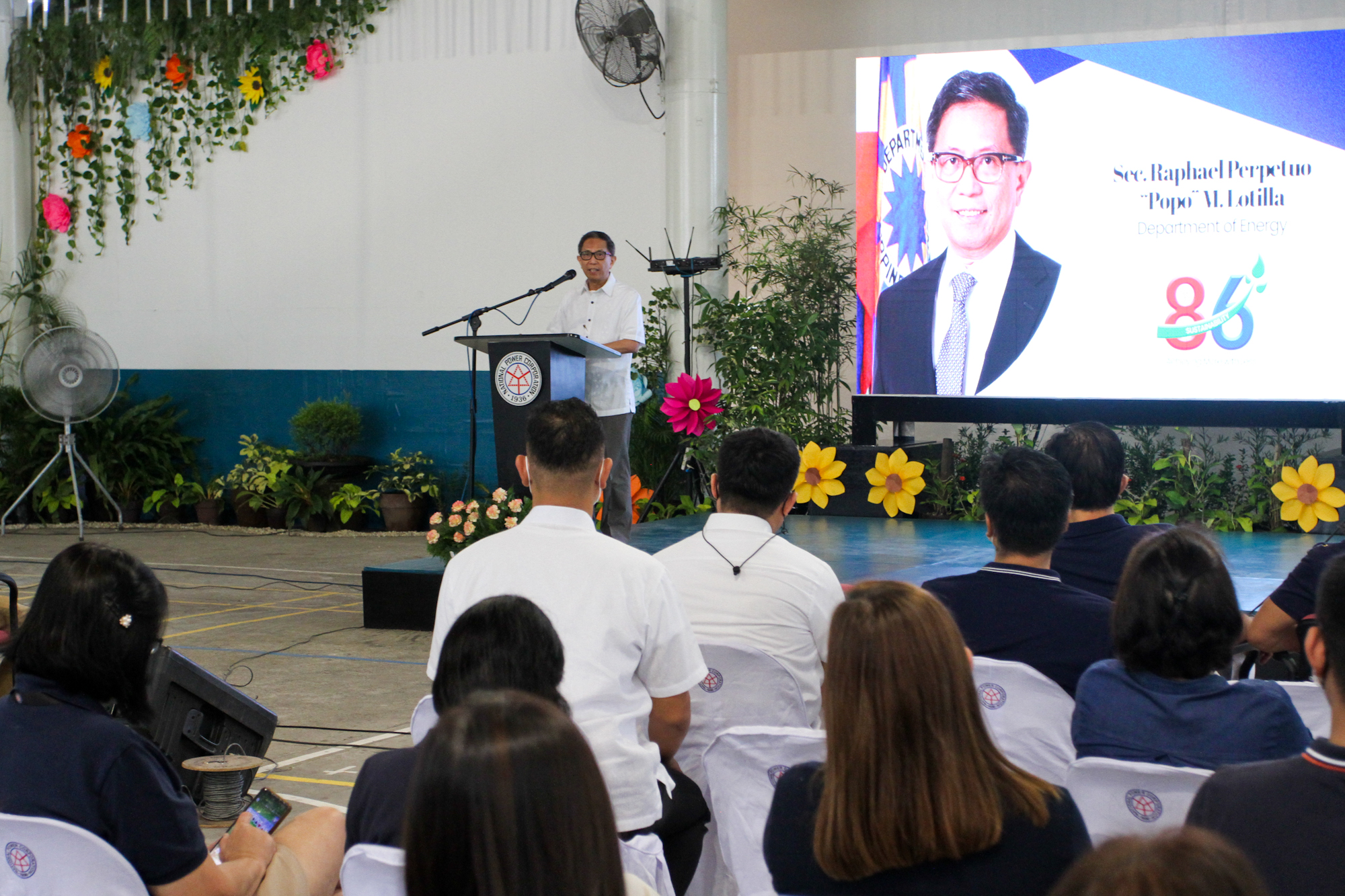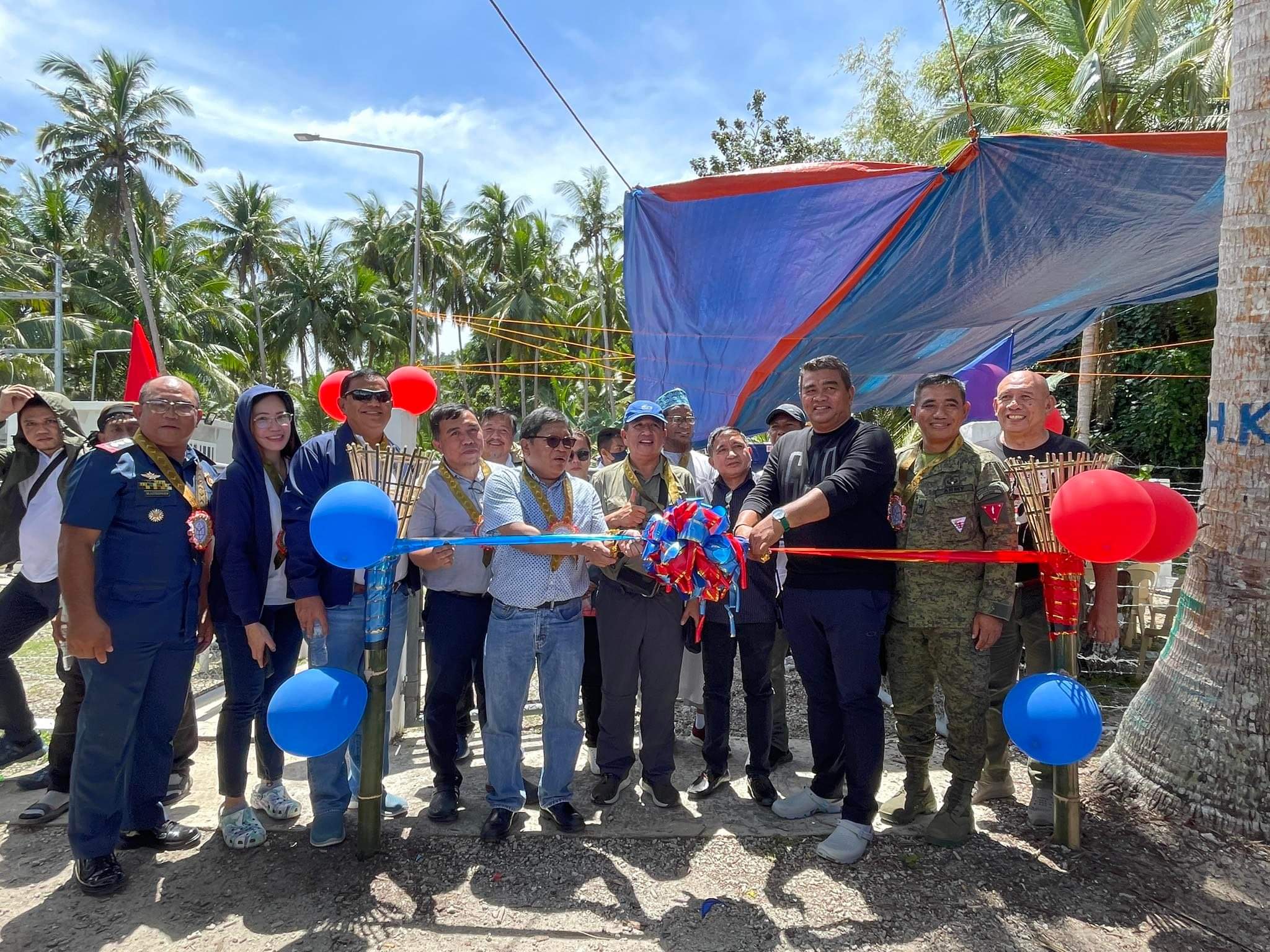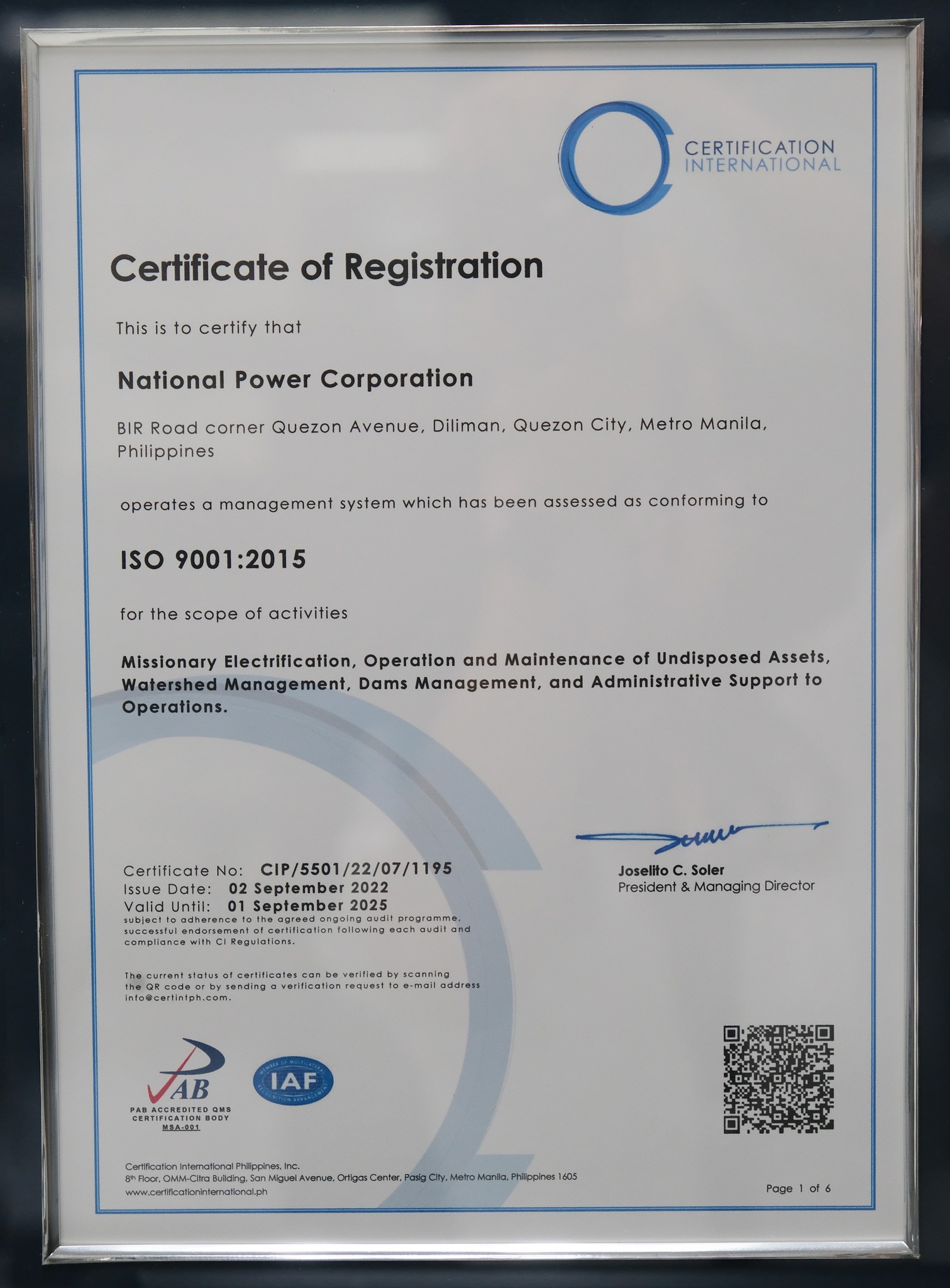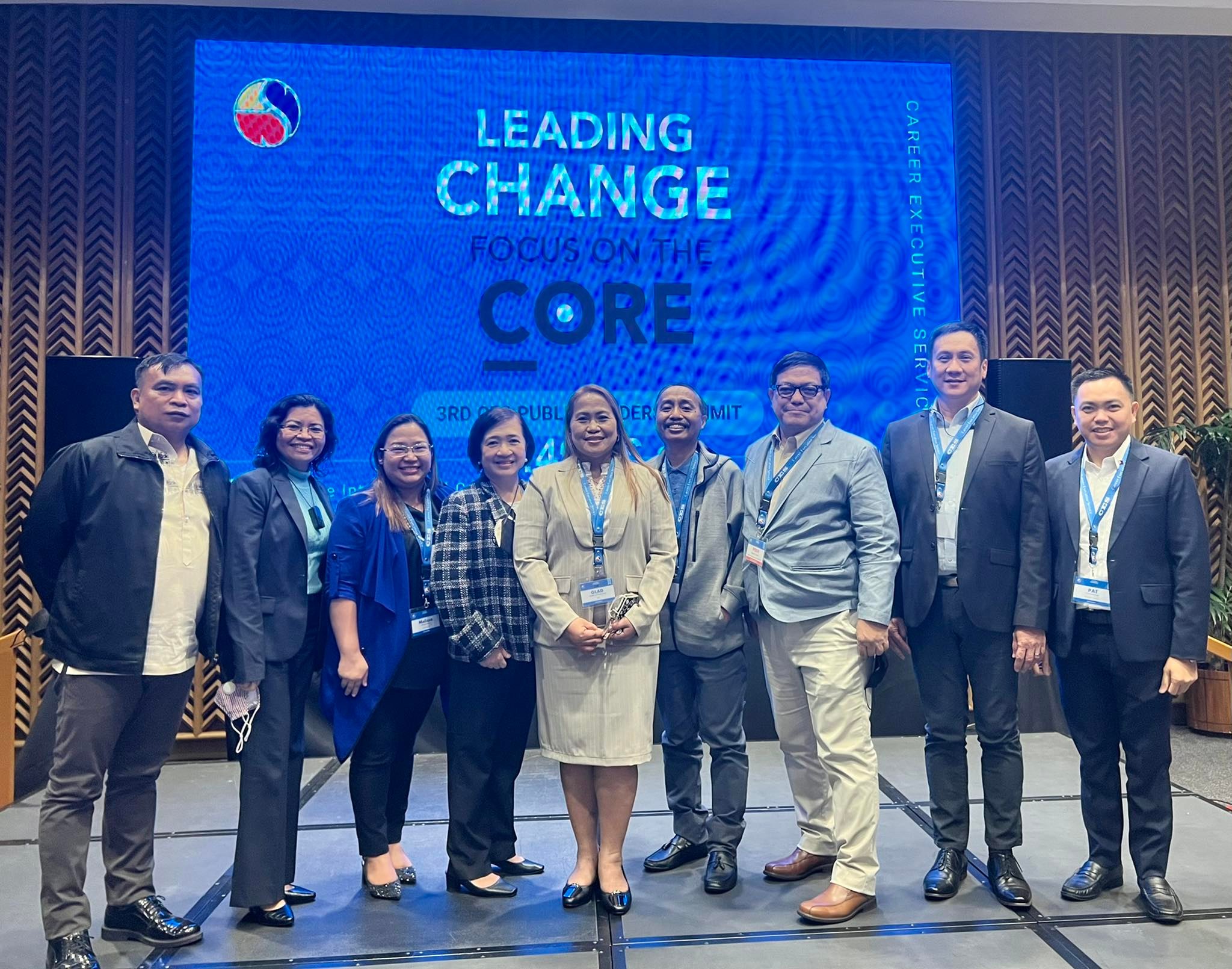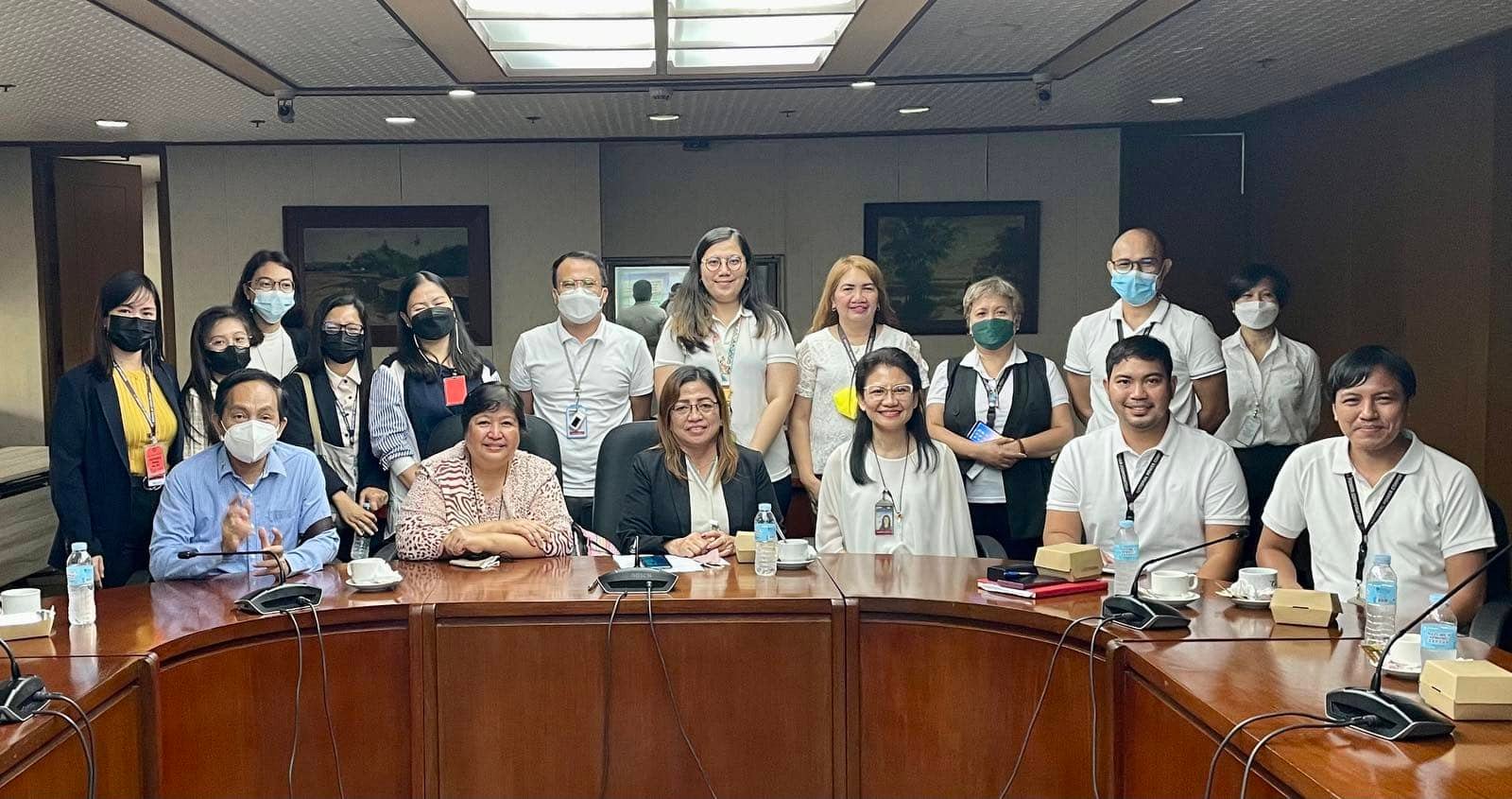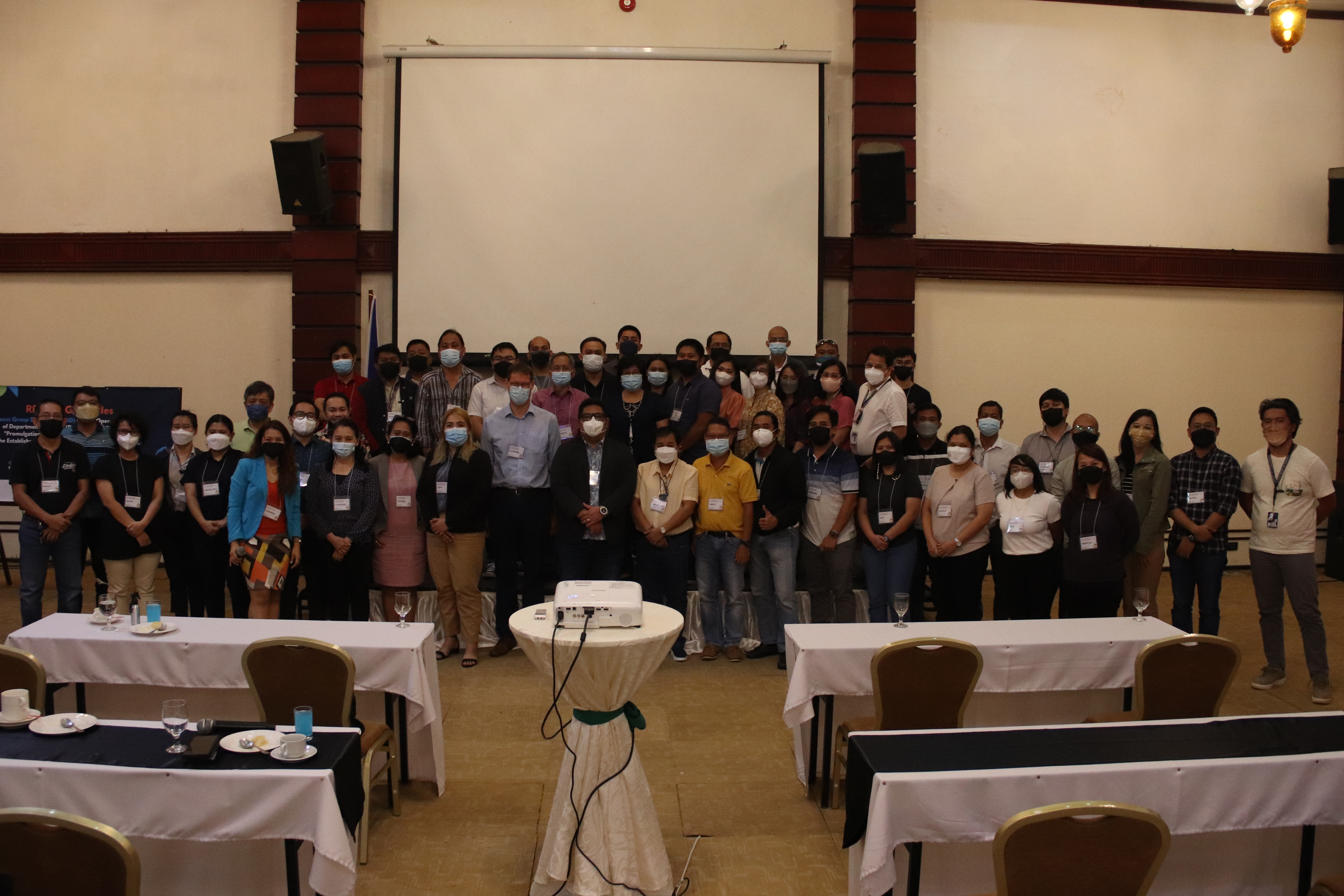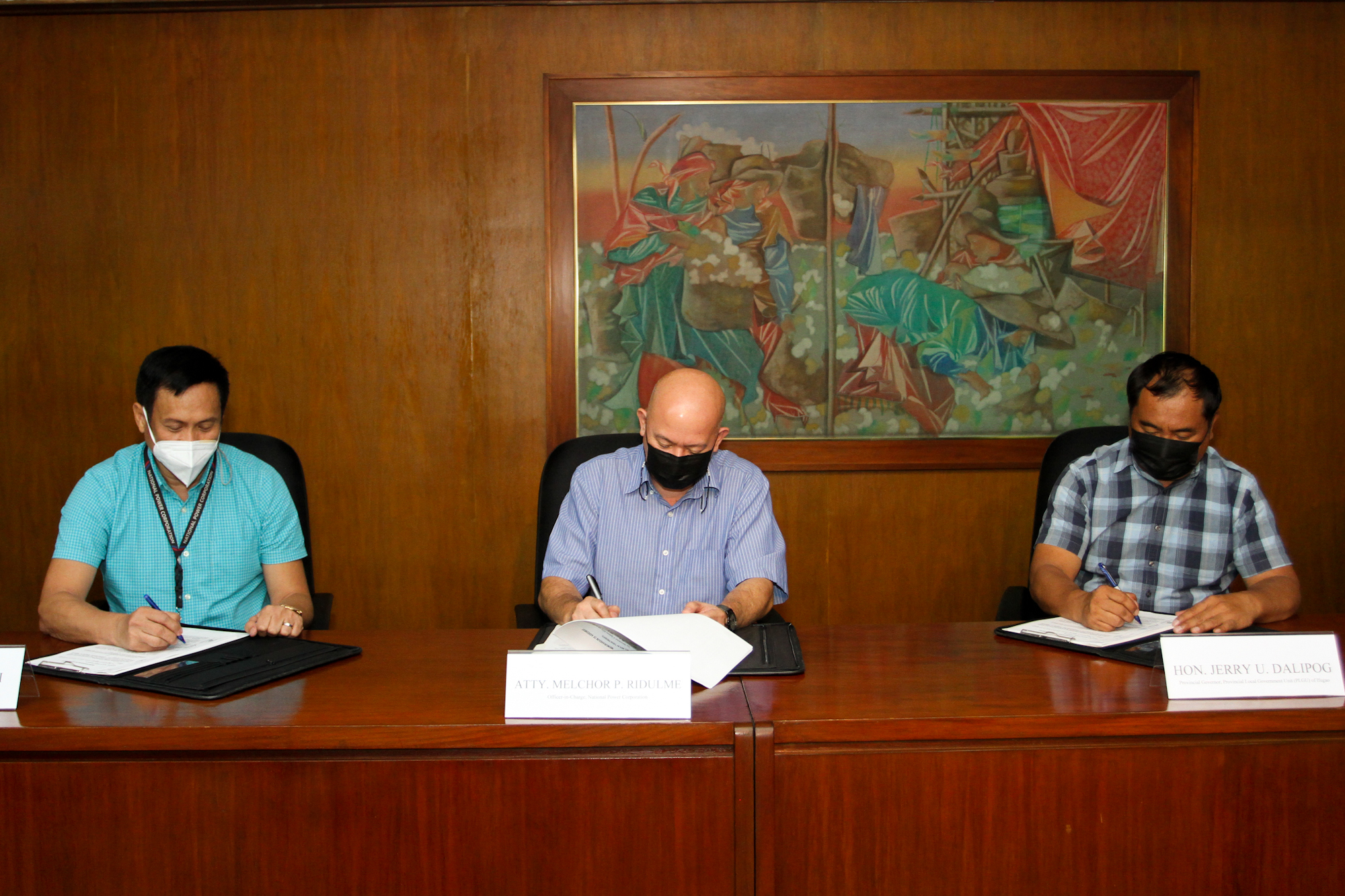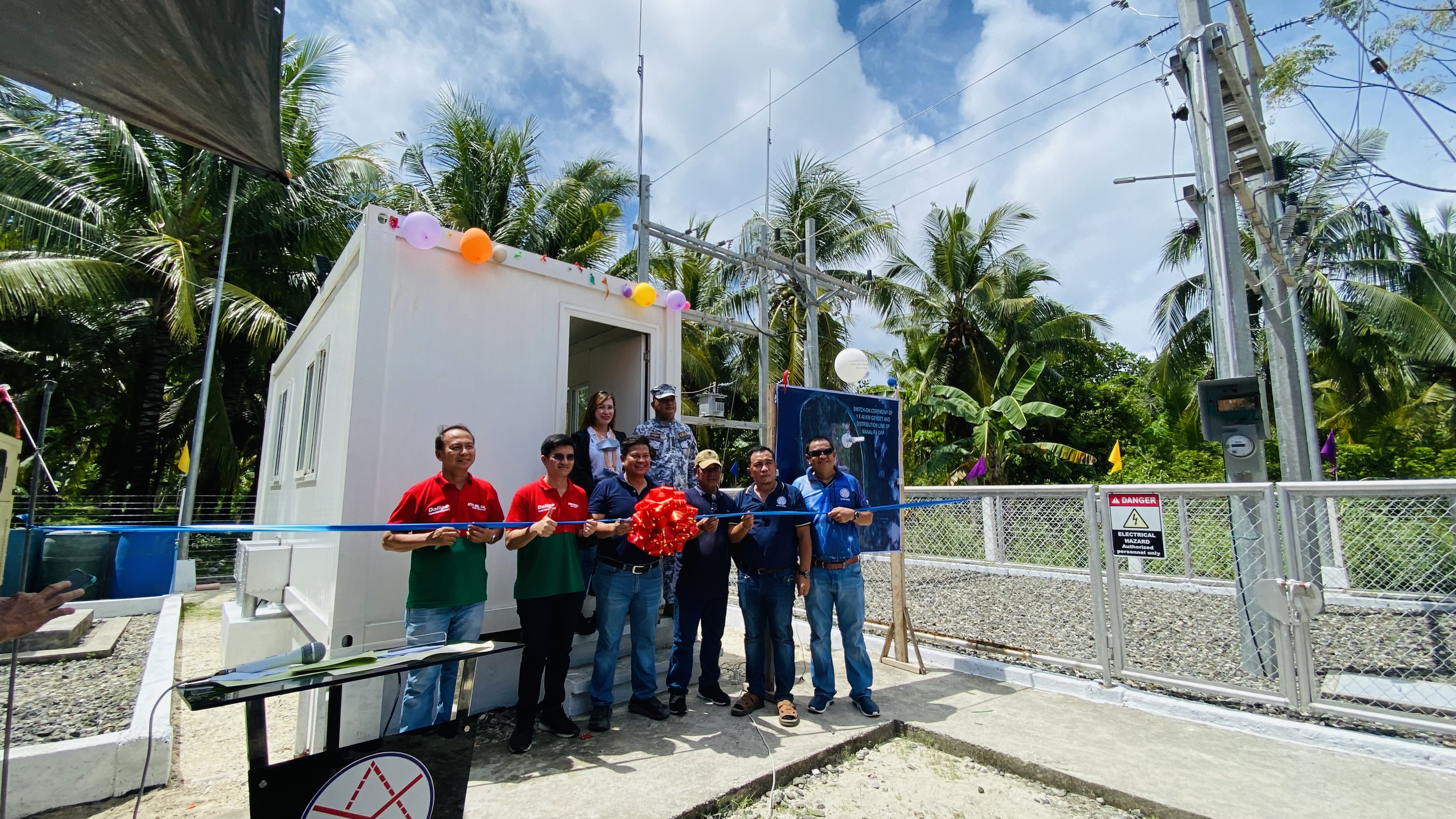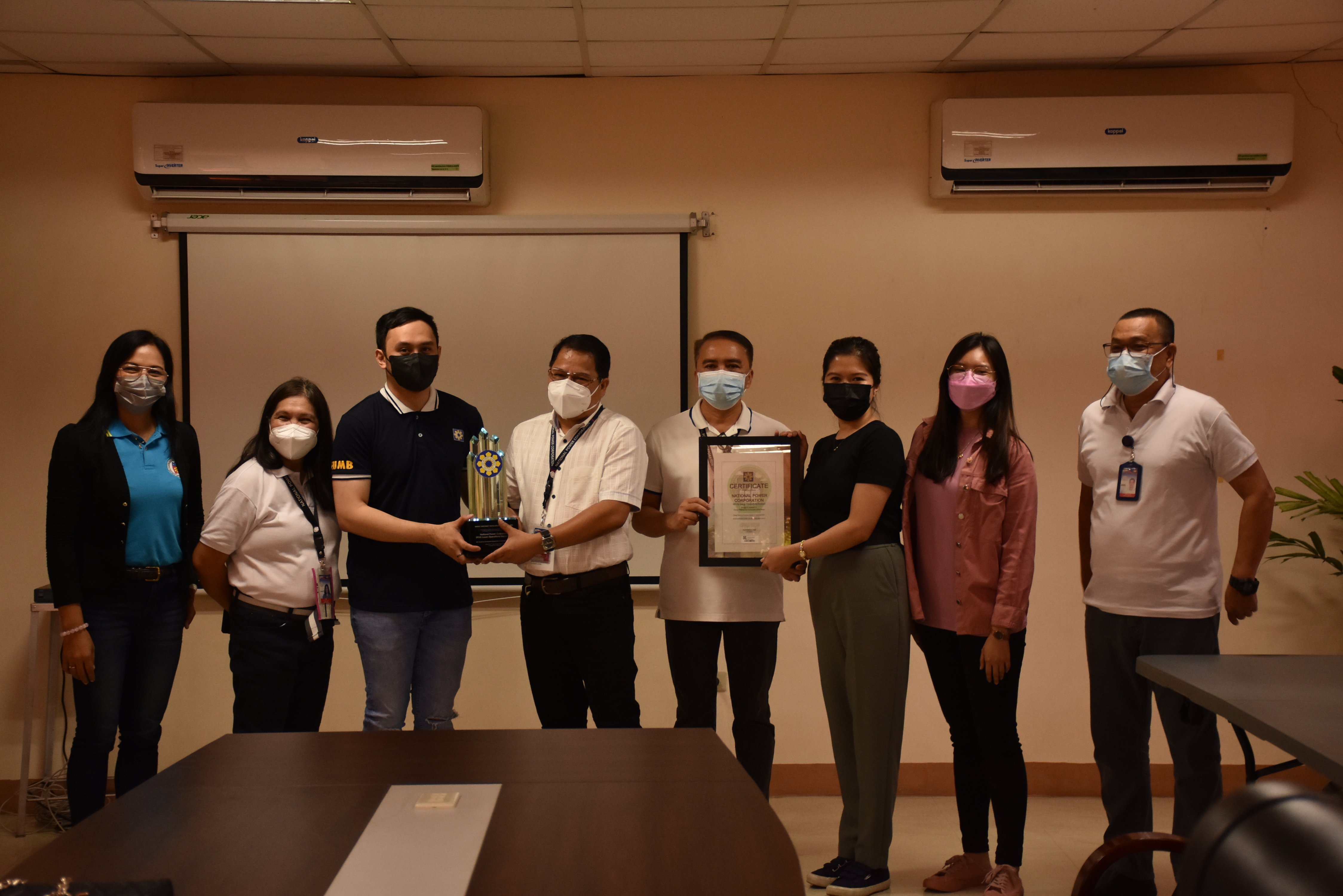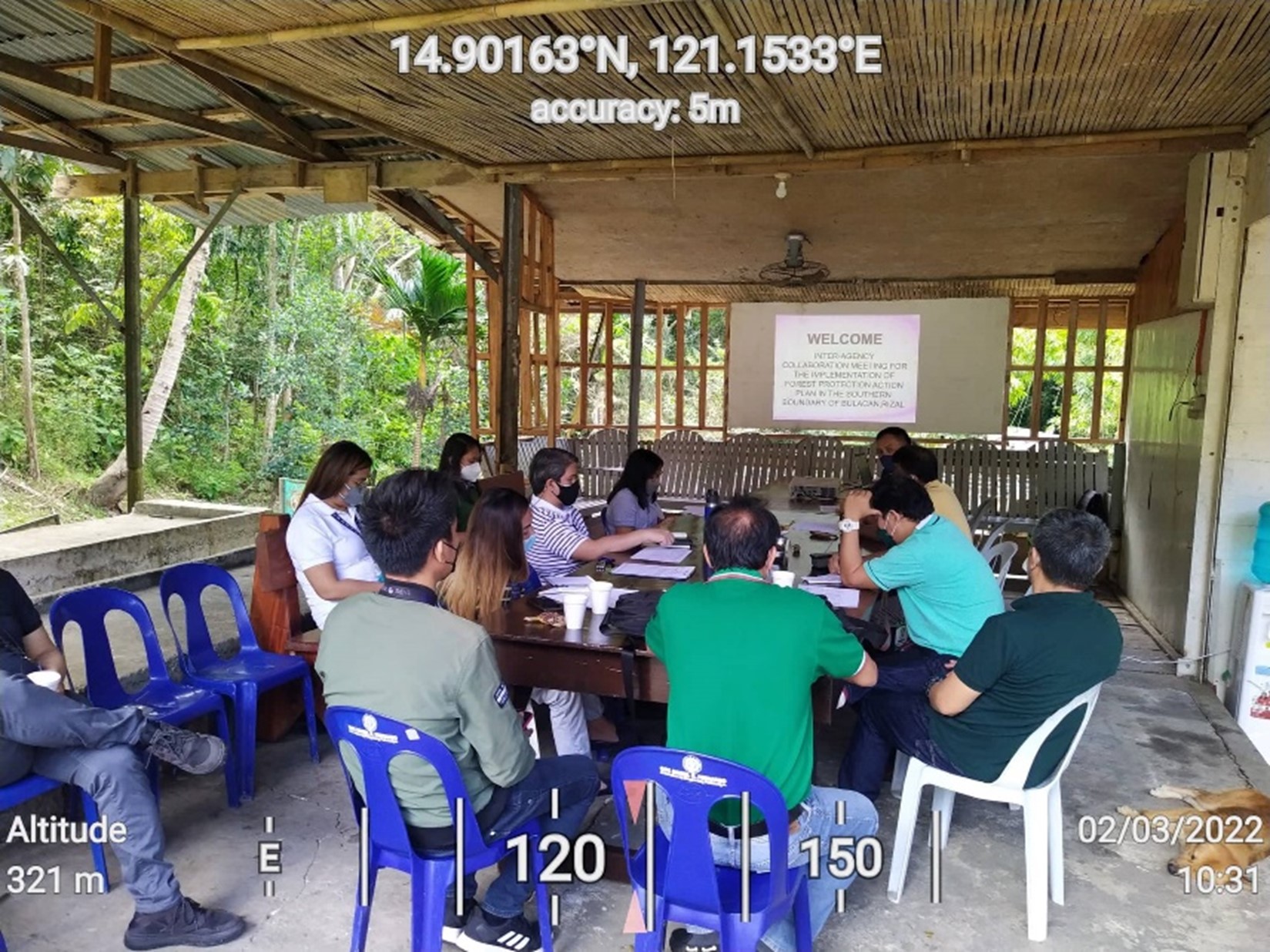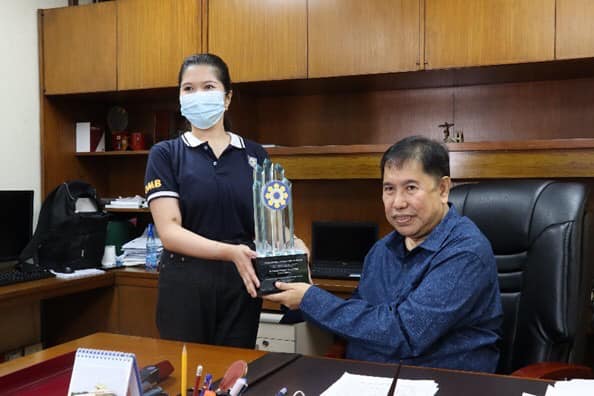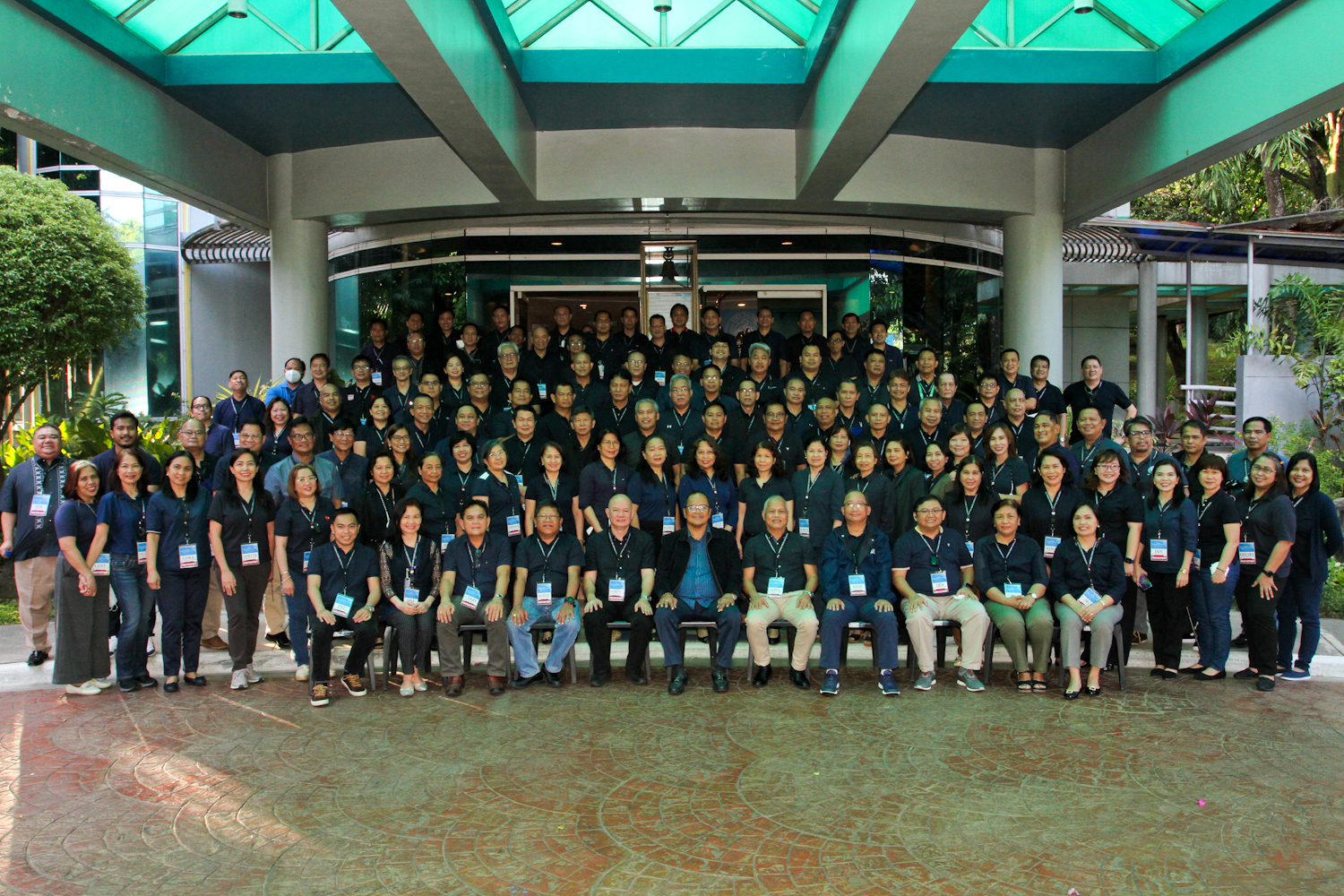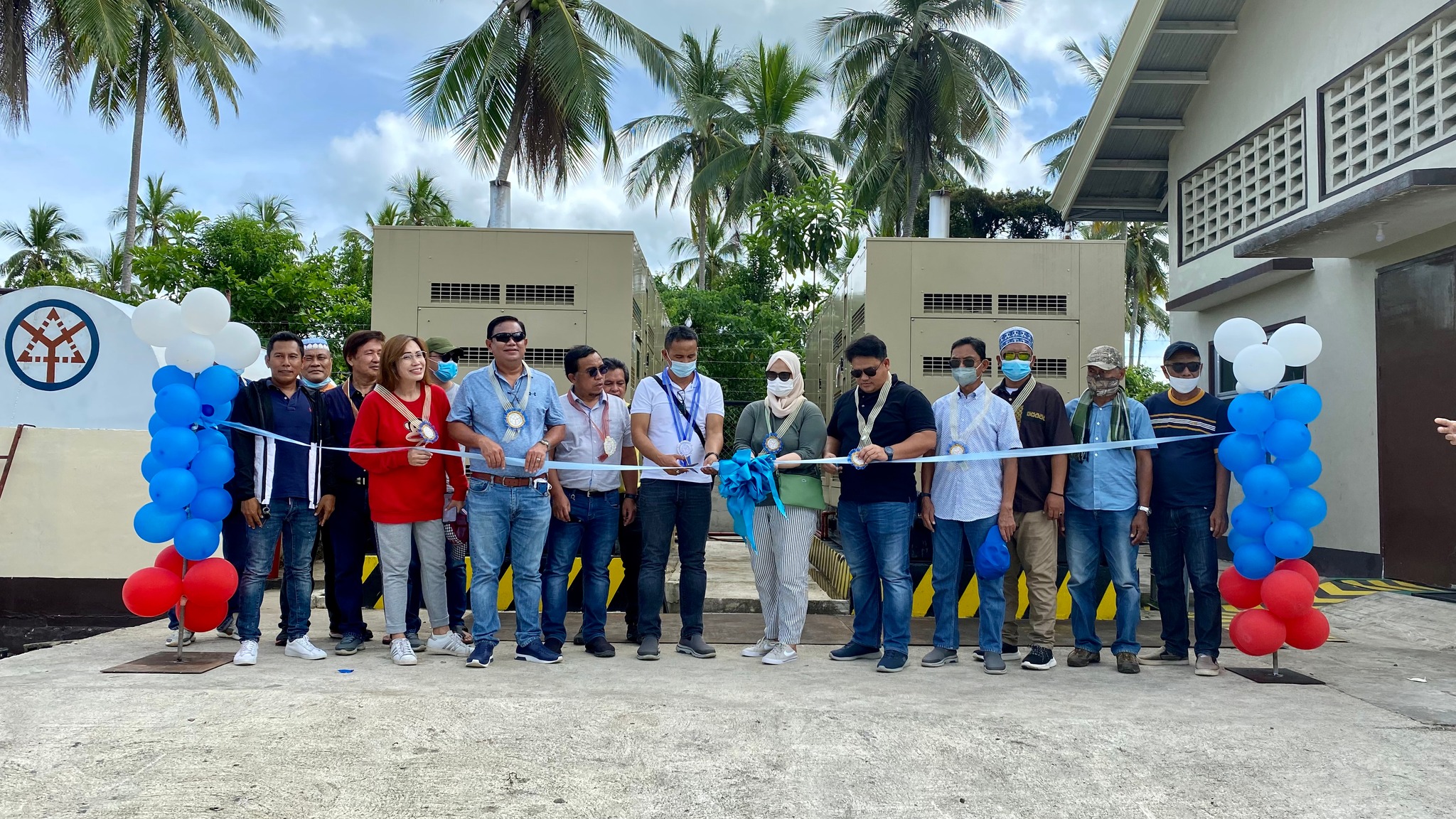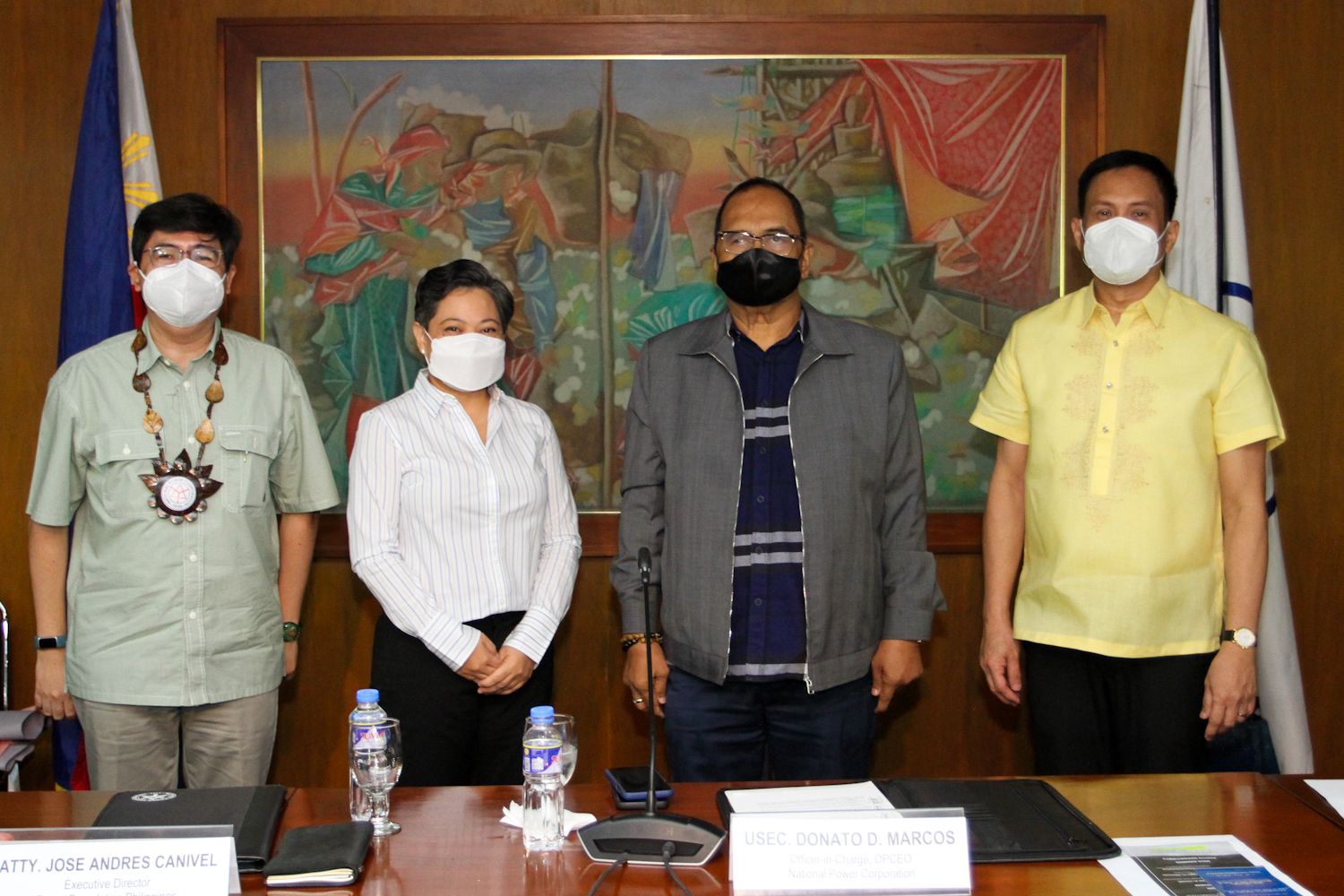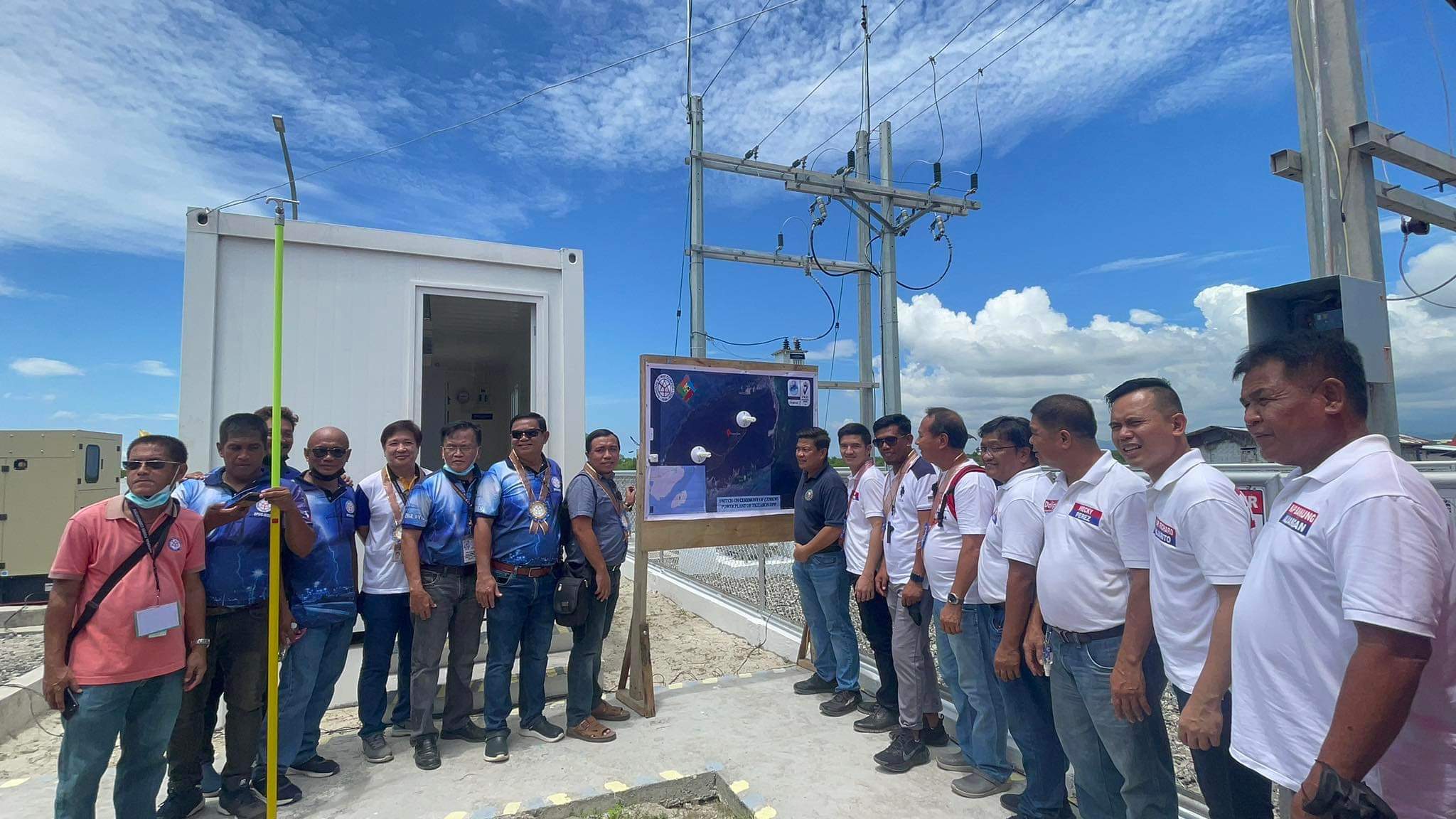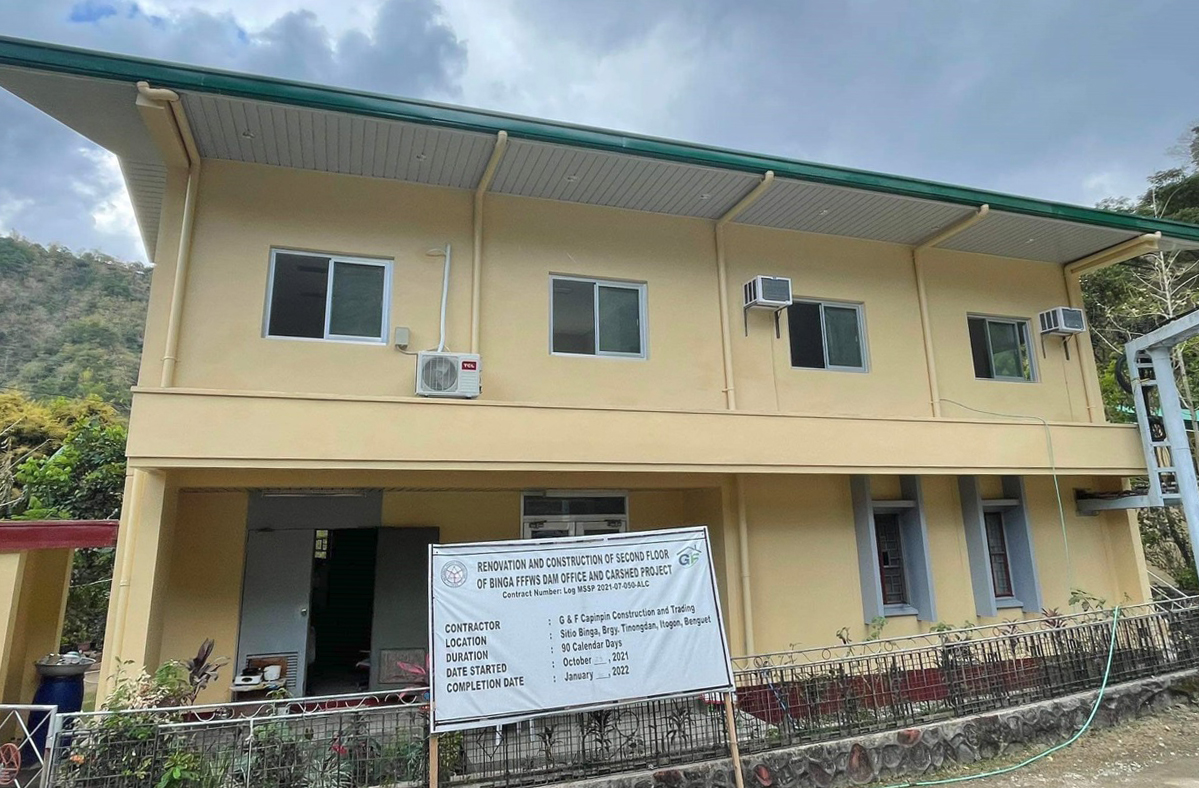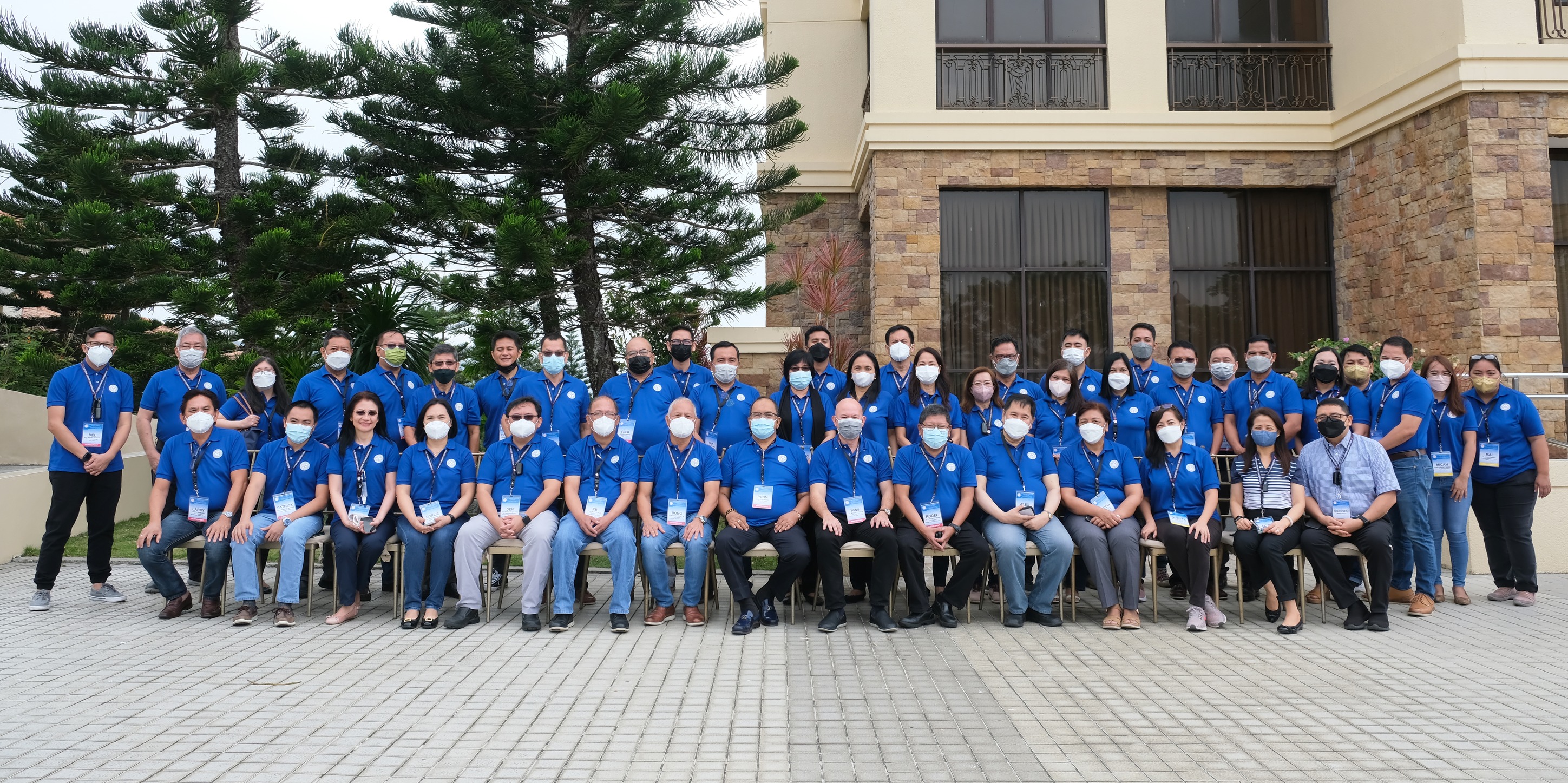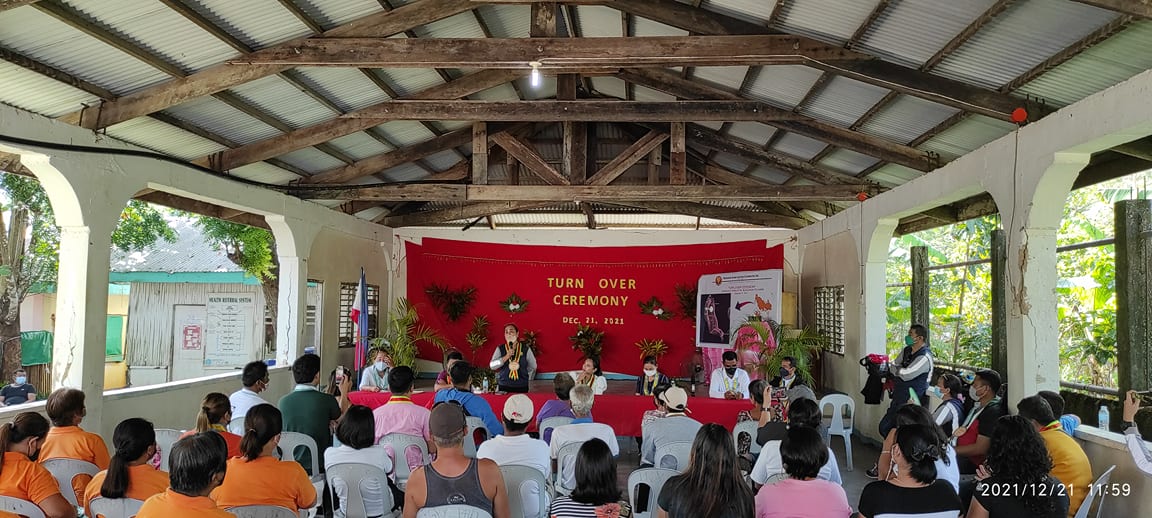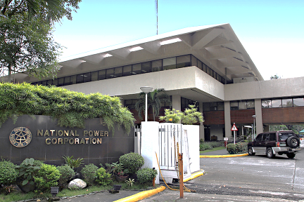𝐍𝐚𝐩𝐨𝐜𝐨𝐫 𝐢𝐧𝐤𝐬 𝐌𝐎𝐔 𝐰𝐢𝐭𝐡 𝐀𝐏𝐓𝐈 𝐑𝐞𝐧𝐞𝐰𝐚𝐛𝐥𝐞 𝐄𝐧𝐞𝐫𝐠𝐲 𝐂𝐨𝐫𝐩𝐨𝐫𝐚𝐭𝐢𝐨𝐧
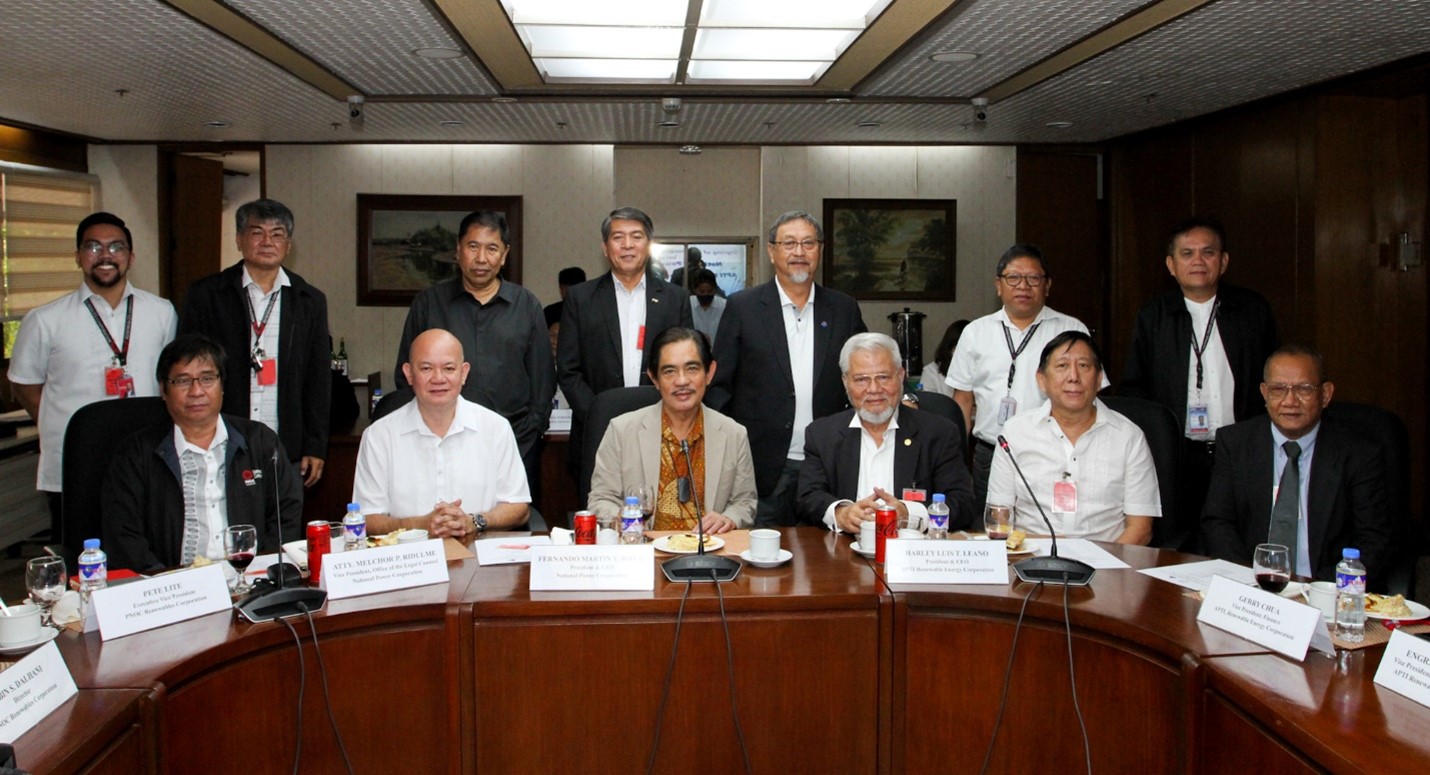
State-owned National Power Corporation (Napocor) on Monday signed a Memorandum of Understanding (MOU) with APTI Renewable Energy Corporation (APTI REC) to promote and identify priorities for the development of sustainable renewable energy using biofuel and bio-mass hybrid power in the country, particularly in Small Power Utilities Group (SPUG) areas.
APTI REC is a subsidiary of Asian Pyrochem Technologies, Inc., an authorized export and import channel of the Governments of Indonesia and the Philippines under a government-to-government energy program through PT PP Persero TBK and Philippine National Oil Company (PNOC).
Napocor President and CEO Fernando Martin Y. Roxas said that the move is part of the corporation’s sustainability agenda and to gradually minimize its operation’s dependence on fossil fuels.
“The MOU will allow us to access APTI REC’s technology on the use of biofuel or palm oil as an alternative fuel. Together, we shall also collaborate to build a prototype bioenergy renewable energy power plant that uses palm oil and develop an integrated logistical and technical system for the production of biofuel and biomass,” Roxas said. Signing on behalf of APTI REC is its President and CEO, Harley Luis T. Leaño who expressed his enthusiasm for the partnership.
“We are happy to share our knowledge and experiences and to have found an ally in championing renewable energy in Napocor. This partnership will not only pursue energy development but will also help alleviate poverty in the countryside,” said Leaño. Napocor said that there is a potential for the application of APTI REC’s technology in SPUG since most of these areas can be converted into palm oil plantations.
“Apart from high fuel prices, off-grid areas also suffer from inclement weather situations that sometimes hinder the delivery of fuel which in turn affects their power supplies. If we can develop a model of this technology on various SPUG areas, we can save costs on fuel and hauling,” said Roxas, a long-time AIM professor.
Roxas emphasized that the success of the partnership and the programs that will stem from it will eventually help Napocor achieve more affordable, cleaner, and renewable energy while providing additional livelihood opportunities in the off-grid areas. Napocor, as mandated by the Electric Power Industry Reform Act of 2001 or Republic Act 9136, is tasked to perform missionary electrification in the farthest communities and islands not connected to the main grid. It is in this capacity that the corporation operates 281 Small Power Utilities Group (SPUG) plants in 189 municipalities across 35 provinces in the country.
Following its recent funding challenges that resulted from surging prices of fuel in the world market, Napocor has since been exploring innovative ways to fast-track its renewable energy and sustainability programs.



















